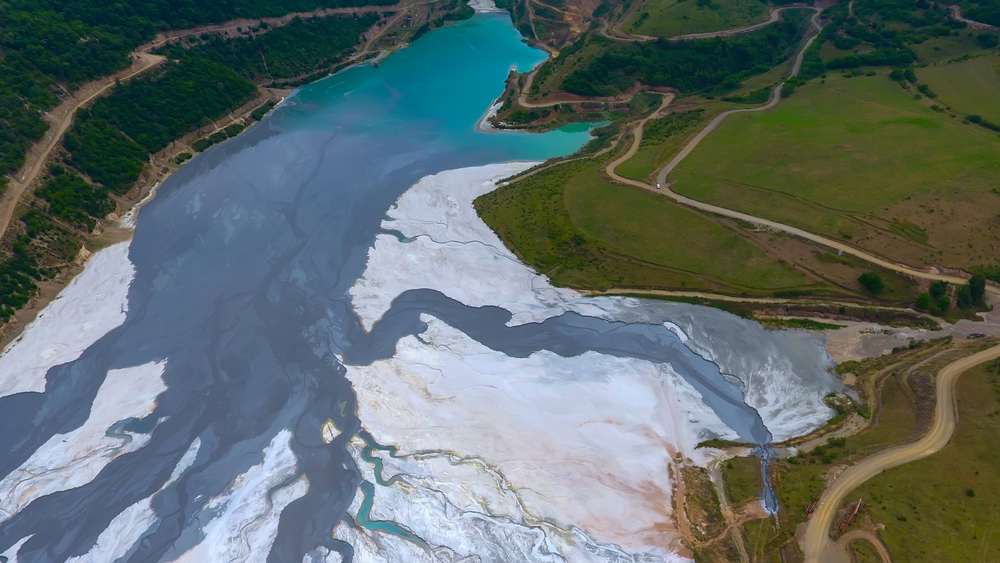
A UNSW Engineering-led consortium has been selected to progress to the next stage of the BHP Tailings Challenge.
The Challenge is a new initiative that seeks to promote the development of innovative circular economy solutions towards eliminating copper tailings.
Copper tailings are a common by-product of the mineral recovery process and BHP, with the support of Fundacion Chile and its open innovation program EXPANDE, are looking for sustainable economy solutions that can repurpose the tailings into a marketable product by using circular economy strategies.
More than 150 teams from 19 different countries put forward proposals, with US$8.6m on offer to the eventual winning solution.
The UNSW-led consortium, which also includes the University of Newcastle, Golder Associates, Maptek, Roobuck, Xilinx, HNTB Corporation and ST Microelectronics, supported by METS Ignited, is led by Professor Sami Kara from the School of Mechanical and Manufacturing Engineering, and co-led from School of Minerals and Energy Resources Engineering by Professors Klaus Regenauer-Lieb and Serkan Saydam.
The core team includes more than 20 academics from across UNSW including those with specific knowledge and skills in minerals and energy resources engineering, civil and environmental engineering, chemical engineering, computer science, mechanical engineering and photovoltaic and renewable energy, as well as accounting.
Their proposal was successful in progressing from the first stage of the Challenge and they will now develop a Proof of Concept over the next six months.
 The proposal incorporates a holistic framework to implement circular economy strategies of tailings materials by reprocessing them into valuable by-products and repurposing non-valuable tailings as backfill materials to help stabilise underground workings.
The proposal incorporates a holistic framework to implement circular economy strategies of tailings materials by reprocessing them into valuable by-products and repurposing non-valuable tailings as backfill materials to help stabilise underground workings.
The integrated solution also includes a digital twin of the holistic solution which will provide transferability and scalability to other mining tailings sites around the world. The proposed digital twin will provide built-in monitoring capabilities to assess and optimise the efficiency of operations and achieve effective decision-making tools aimed at mitigating risks, including stability and liquefaction of tailings, environmental and economic risks.
In the Proof of Concept stage, the consortium will analyse the supplied samples, build the entire design and incorporate existing technologies and software infrastructure to enable the combination of commodity recovery, monitoring of energy and water usage and environmental impact at the laboratory level.
Consortium lead Professor Kara said: “This proposal is an industry first, providing adaptability and interoperability between different sites; business agility; modular design to integrate and adapt different technologies; predictive modelling and optimal control via digital twins and data analytics. Its novelty is converting waste to assets with an aim to entirely eliminate it.”
The consortium has many years of experience in developing engineering solutions with a life cycle perspective to enable circular economy solution in various industries.
Prof Kara said: “Our solution draws upon the unique, complementary and multidisciplinary expertise supported by Australia’s largest engineering faculty, UNSW and its consortium of partners. We have a proven track record of collaboration with industry, government and community to develop breakthrough world-leading technologies and spin-outs.”
